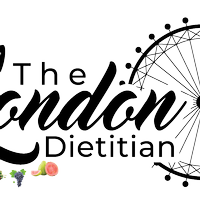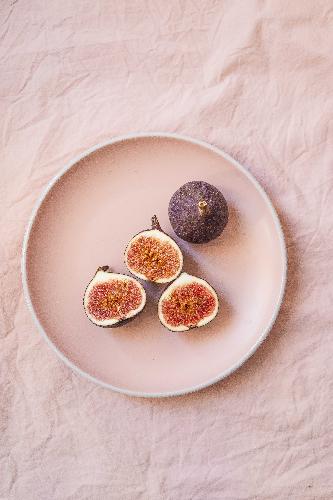Getting a regular period means that you are ovulating right? Wrong!
The leading cause of fertility issues in women is not ovulating (anovulation). That is, when you don’t release an egg. Even if you are getting regular bleeds, that does not mean that you are actually ovulating and what you may perceive to be a period may not actually be a true period.
I have had many clients come to me who tell me that they get their periods regularly. One way to test whether you are ovulating is to get a hormone called progesterone tested; this test should take place seven days after your predicted day of ovulation. This hormone peaks 7 days after ovulating and will be at its highest level at that point if you have truly ovulated. For many of my clients who get what they perceive to be a period, when they then get their progesterone tested, it is lower than it should be which reveals that they had not actually ovulated.
So, if you are getting regular bleeds but are struggling to conceive, then it is worth getting your progesterone levels tested. Here are some indicators that you may actually have not ovulated despite getting a bleed:
-Spotting throughout your cycle
-Very heavy bleeds
-Very light and short bleeds
-No change in cervical mucus throughout the month.
Apart from taking medication to kickstart your ovulation, nutrition should also be a factor to consider. Studies have shown that lifestyle factors contribute to about half of anovulatory infertility cases. This figure may be even higher in women who don’t have an official ‘infertility’ diagnosis but have been struggling to conceive for quite some time.
Since nutrition is considered a key lifestyle factor, if you are struggling to conceive, then nutrition should be one of the first lifestyle factors that you start to tweak.
What exactly can nutrition do for you?
-Get you ovulating again
-Optimise the quality of your eggs
-Optimise the chance of a fertilised egg actually implanting.
-Balance your hormones
In essence, nutrition will help you build your dream family more easily and faster.
Powerful stuff, eh?
So, here are some small, ovulation promoting tweaks that you can get started on right away:
1) Add more plant protein into your diet (at least 5 meals per week to be based around plant protein). Plant protein includes soy-based products, beans, lentils and chickpeas, nuts and seeds.
2) Incorporate oily fish into your diet 2-3 times per week (Consider an algae-based supplement if vegan/vegetarian). One portion is considered 150g and source of oily fish include herring, salmon, trout, kippers, pilchards, mackerel and sardines.
3) Reduce consumption of confectionary goods (A treat should be something you have a couple of times per week max, not daily!).
4) Stick to the full-fat dairy. Studies have shown that full fat dairy can actually reduce the risk of anovulatory infertility whereas skimmed dairy can increase the risk.
My signature triple T framework emphasises the use of nutrition strategies that are sustainable and easy to implement in order to help restore ovulation. If you are fed up of the endless googling and engaging in FAD diets in an attempt to boost your fertility, then click here and book in for a FREE strategy call to find out how I can help you boost your fertility in a practical and sustainable way.

